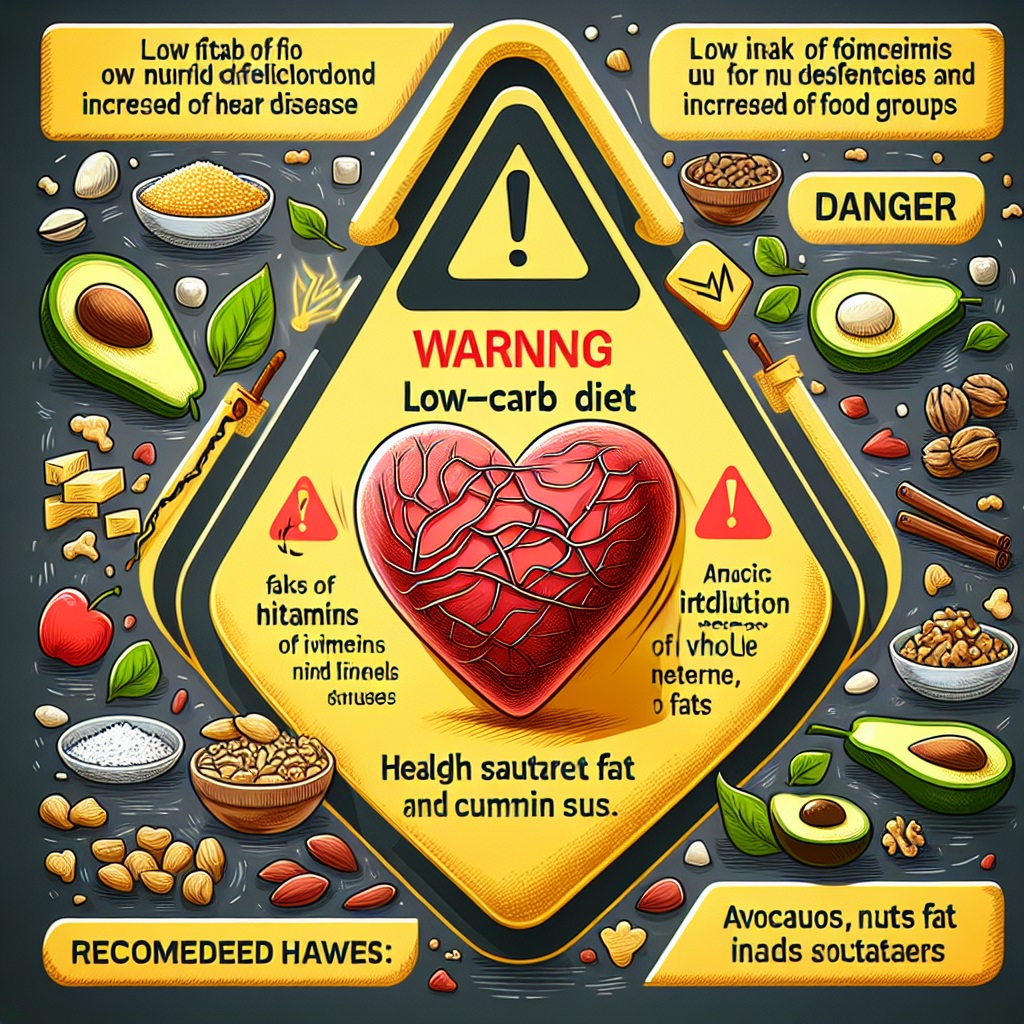Introduction
Have you been hearing all the buzz about low-carb diets and wondering if it’s the right path for you? From celebrities to fitness enthusiasts, it seems like everyone is talking about the benefits of cutting carbs. This blog post aims to provide a comprehensive guide to low-carb diets, specifically designed for health enthusiasts, weight watchers, and fitness communities. You’ll learn about the benefits and risks of low-carb diets, including popular variations like the keto diet. By the end of this read, you’ll have a clear understanding of how to follow a low-carb nutrition plan safely and effectively.
What is a Low-Carb Diet?
A low-carb diet focuses on reducing your intake of carbohydrates while increasing the consumption of proteins and fats. Carbohydrates are found in foods like bread, pasta, and sugary snacks. By cutting back on these, your body shifts its energy source from carbs to fats, which can lead to various health benefits.
Types of Low-Carb Diets
There are several types of low-carb diets, each with its unique rules and benefits. The most popular ones include the ketogenic (keto) diet, the Atkins diet, and the Paleo diet. While all these diets focus on reducing carb intake, they differ in their approach to fat and protein consumption.
How it Works
When you consume fewer carbs, your body enters a state called ketosis, where it starts burning fat for fuel. This metabolic state can help you lose weight and maintain muscle mass. Additionally, low-carb diets often lead to reduced hunger and cravings, making it easier to stick to your nutrition plan.

Read More👉 Why Pickle Juice Help with Cramps? Everything You Need To Know
Benefits of Low-Carb Diets
Low-carb diets offer numerous benefits that go beyond weight loss. Here are some key advantages that make this diet popular among health enthusiasts and fitness communities.
Weight Loss
One of the most significant benefits of low-carb diets is weight loss. By cutting out carbs, you reduce your calorie intake and encourage your body to burn stored fat. Studies have shown that people on low-carb diets tend to lose more weight than those on low-fat diets.
Improved Blood Sugar Control
For individuals with diabetes or prediabetes, low-carb diets can be particularly beneficial. By reducing carb intake, you can stabilize blood sugar levels and reduce the need for medication. Some people have even managed to reverse their diabetes through strict adherence to a low-carb diet.
Enhanced Mental Clarity
Many people report improved mental clarity and focus when following a low-carb diet. This is because stable blood sugar levels help maintain consistent energy levels, which can enhance cognitive function. Additionally, ketones produced during ketosis are an efficient fuel source for the brain.

Read More👉 7-Day Meal Plan for Gestational Diabetes: A Complete Guideline
Risks of Low-Carb Diets
While low-carb diets offer numerous benefits, they are not without risks. It’s essential to be aware of these potential downsides to make an informed decision.
Nutrient Deficiencies
One of the main risks of low-carb diets is nutrient deficiency. Cutting out entire food groups can lead to a lack of essential vitamins and minerals. It’s crucial to plan your meals carefully to ensure you’re getting a balanced diet.
Increased Risk of Heart Disease
Some low-carb diets, like the keto diet, are high in saturated fats. Consuming too much-saturated fat can increase your risk of heart disease. It’s essential to focus on healthy fats like those found in avocados, nuts, and olive oil to mitigate this risk.
Short-Term Side Effects
When you first start a low-carb diet, you may experience short-term side effects like headaches, fatigue, and irritability. These symptoms, often referred to as the “keto flu,” usually subside within a week or two as your body adjusts to its new energy source.
The Keto Diet
The ketogenic diet, or keto diet, is one of the most popular low-carb diets. It involves drastically reducing your carb intake and replacing it with fats. This section will explore the benefits and risks specific to the keto diet.
Benefits of the Keto Diet
The keto diet offers several unique benefits. In addition to weight loss and improved blood sugar control, many people on the keto diet report increased energy levels and better mental clarity. The diet has also been shown to reduce the risk of certain cancers and improve heart health.
Risks of the Keto Diet
However, the keto diet is not without its risks. The high-fat nature of the diet can lead to increased cholesterol levels and a higher risk of heart disease. Additionally, the diet can be challenging to maintain long-term, leading to potential weight regain.
How to Follow the Keto Diet Safely
To follow the keto diet safely, it’s essential to focus on healthy fats and avoid processed foods. Incorporate plenty of vegetables and lean proteins into your meals. It’s also crucial to stay hydrated and monitor your electrolyte levels to avoid the “keto flu.”

Read More👉 How to Make Smoked Beef Ribs Recipe: A Flavorful Delight
Creating a Low-Carb Nutrition Plan
Creating a low-carb nutrition plan involves careful planning and preparation. This section will provide practical tips and advice on how to develop a balanced and sustainable low-carb diet.
Choose the Right Foods
When creating a low-carb nutrition plan, focus on whole, unprocessed foods. Include plenty of vegetables, lean proteins, and healthy fats. Avoid sugary snacks, refined grains, and processed foods.
Meal Planning Tips
Meal planning is crucial for sticking to a low-carb diet. Plan your meals and snacks ahead of time to ensure you have healthy options available. Consider batch cooking and meal prepping to save time and effort during the week.
Monitoring Your Progress
Regularly monitoring your progress is essential for staying on track with your low-carb diet. Keep a food diary to track your carb intake and note any changes in your weight and overall health. Adjust your nutrition plan as needed to achieve your goals.
Conclusion
Low-carb diets offer numerous benefits, from weight loss to improved mental clarity. However, they are not without risks. By understanding the pros and cons and following a balanced low-carb nutrition plan, you can enjoy the benefits while minimizing the risks. If you’re ready to transform your health and explore the world of low-carb diets, now is the perfect time to start. For more personalized guidance, consider consulting with a nutritionist or healthcare professional.

